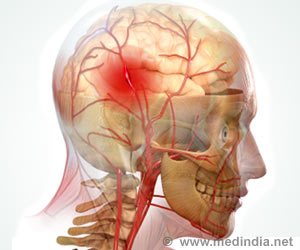Experts in the British journal Injury Prevention, on Friday, warned that parents who want to buy a small old car for their teenager could be putting their child at risk.

Their cars were typically small and often lacked important safety features found in more recent models likelier to be driven by their middle-aged parents.
"Larger, heavier vehicles generally provide much better crash protection than smaller, lighter ones," said the probe, headed by Anne McCartt at the Insurance Institute for Highway Safety in Arlington, Virginia.
"Newer vehicles generally are also more likely to have better crash-test ratings and important safety features such as ESC and side airbags," it said. ESC stands for electronic stability control, designed to prevent skidding.
"Parents should consider safety when choosing vehicles for their teenagers," the study said.
Source-AFP
 MEDINDIA
MEDINDIA




 Email
Email





